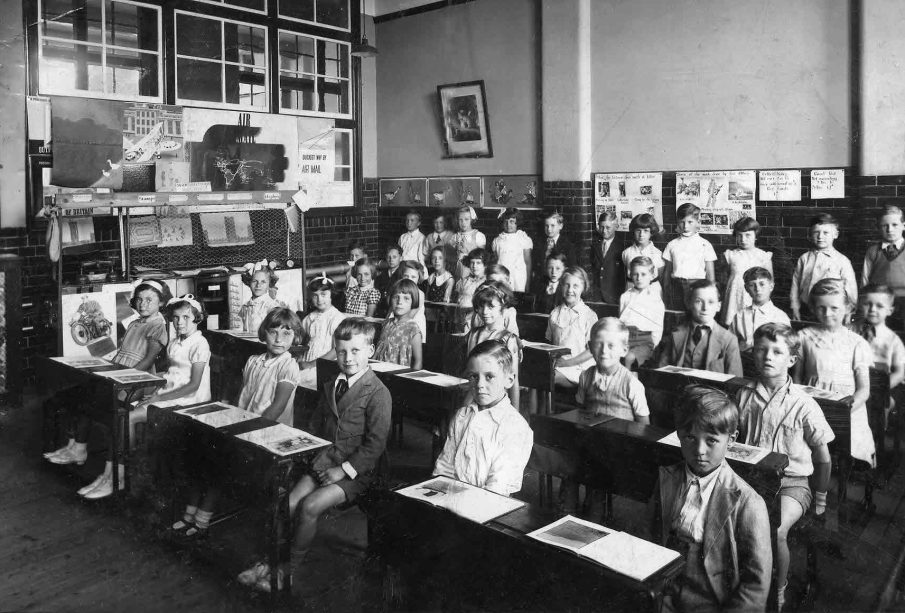The Modern Classroom in 2025: How Technology and Innovation Are Revolutionising Education

The Evolution of Modern Learning Spaces
The education technology sector is experiencing unprecedented growth, with the global EdTech market projected to reach US$598.82 billion by 2032. This transformation is marked by the mainstream adoption of AI, gamification, and immersive virtual and augmented reality learning technologies.
Technology-Driven Transformation
New advances in technology are fundamentally changing education, from AI chatbots to virtual-reality tools that expand classroom boundaries. The core mission remains ensuring every learner gets an equal chance to develop essential skills. As Stanford’s GSE Dean Dan Schwartz notes, technology is a ‘game-changer for education,’ offering universal access to high-quality learning experiences while creating entirely new teaching methods.
AI and Personalised Learning
AI is revolutionising education, particularly in personalised learning. Advanced AI platforms like Squirrel AI and Microsoft’s Reading Coach can analyse learners’ strengths, weaknesses, and preferred learning styles with unprecedented accuracy. These systems then customise programs and tailor content to match individual learning paces and styles, ensuring no student falls behind.
Immersive Learning Experiences
Modern classrooms increasingly rely on augmented reality, virtual reality, and mixed reality to create immersive learning environments. Students can now experience virtual field trips as if physically present, making content more relatable and memorable. This technology simulates real-world scenarios, providing students with engaging and interactive learning experiences while developing familiarity with tools they may use in future workplaces.
The Future of Education
Looking ahead, the future of educational technology in 2025 represents a fusion of engagement, personalisation, and innovation. These emerging trends are redefining how students learn and succeed. Educational institutions embracing these advancements will not only enhance learning outcomes but also equip students with tools essential for a rapidly changing world. Success will depend on educators and EdTech innovators staying adaptive and proactive to unlock new possibilities for learning.









